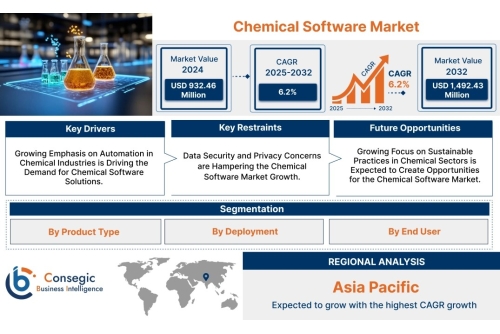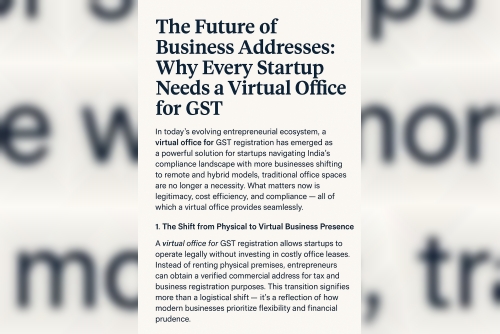Cloud telephony has revolutionized the way businesses communicate with customers, providing a cost-effective and scalable solution for voice communications. However, with the increasing use of cloud telephony, security has become a major concern. Security breaches in cloud telephony can result in the loss of sensitive information, business disruptions, and reputational damage. Therefore, it is essential for businesses to understand the security measures necessary to protect their cloud telephony systems. While cloud telephony solutions have numerous advantages, such as scalability, reliability, and accessibility, security concerns are often raised due to the nature of the technology.
Here are some things you need to know about the security of cloud telephony:1.Encryption:Encryption is a critical security measure that ensures the confidentiality and integrity of data transmitted over cloud telephony systems. Encryption is the process of converting data into a coded language that only authorized parties can decipher. In cloud telephony solutions, encryption is applied to the voice data that is transmitted between the caller and the receiver. This prevents eavesdropping and interception of the conversation by unauthorized parties. Without encryption, anyone who intercepts the data packets can listen in on the conversation, potentially compromising sensitive information.
There are several encryption technologies used in cloud telephony solutions, such as Transport Layer Security (TLS) and Secure Real-time Transport Protocol (SRTP). TLS encrypts data in transit between the user's device and the cloud telephony provider's servers, while SRTP encrypts the voice data between the two endpoints of the call. When choosing a cloud telephony provider, it is crucial to ensure that they use encryption to protect your data. Look for providers that use strong encryption standards and regularly update their security protocols to stay ahead of emerging threats.
2.Network Security:Network security is an essential aspect of cloud telephony security. Since cloud telephony solutions rely on the internet to transmit data, they are vulnerable to cyberattacks such as Distributed Denial of Service (DDoS) attacks, which can disrupt the system and compromise data.
To protect against such threats, cloud telephony providers should have adequate network security measures in place. These measures may include:
Firewalls: Firewalls are security software or hardware that monitor and control traffic flowing in and out of the cloud telephony solutions. They filter out unauthorized traffic and prevent malware from accessing the system.
Intrusion Detection and Prevention Systems (IDPS): IDPS is software that monitors the network for suspicious activities and alerts administrators if any unauthorized access or attack is detected. It can also block unauthorized traffic to prevent potential security breaches.
Anti-malware protection: Cloud telephony providers should have anti-malware protection such as antivirus software and anti-spam filters to detect and prevent malware infections.
Network Segmentation: Network segmentation is the practice of dividing the cloud telephony solutions into smaller segments and applying different security policies to each segment. This can help to contain potential security breaches and prevent unauthorized access to critical data.
3.Access control:Access control is an important aspect of cloud telephony security. Access control refers to the process of managing and controlling access to the cloud telephony system to prevent unauthorized access.
To ensure that only authorized personnel have access to the cloud telephony system, providers should implement access controls such as:
Multi-factor authentication (MFA): MFA is a security process that requires users to provide two or more forms of authentication before accessing the system. This can include a password and a verification code sent to a mobile device or a biometric factor such as a fingerprint.
Role-based access control (RBAC): RBAC is a security model that restricts access to the cloud telephony system based on the user's role or job function. This can help to ensure that users only have access to the data and features they need to perform their job.
Password policies: Password policies are rules that govern the use of passwords to access the cloud telephony system. These policies can include requirements for password length, complexity, and regular password updates to prevent unauthorized access.
Audit trails: Audit trails are records of system activity that can help to identify and investigate potential security breaches. Cloud telephony providers should have audit trails in place to track user activity and detect unauthorized access attempts.
4.Backup and recovery:Backup and recovery are critical aspects of cloud telephony security. In the event of a disaster or system failure, having a backup and recovery plan in place can help to minimize downtime and prevent data loss.
Cloud telephony providers should have a disaster recovery plan that outlines the steps to be taken in the event of a disaster or system failure. This plan should include procedures for backing up data, restoring services, and recovering lost data. Providers should perform regular backups of your data to ensure that critical data can be recovered in the event of a data loss. Backups should be stored in secure locations that are separate from the primary system to ensure that they are not affected by the same disaster or system failure.
5.Compliance:compliance with industry and regulatory standards is an important aspect of cloud telephony security. Compliance with standards such as Payment Card Industry Data Security Standard (PCI DSS), General Data Protection Regulation (GDPR) can help to ensure that your data is protected and that the provider is following industry best practices.
ConclusionIf you are searching for the best cloud telephony service, then Office24by7 is an excellent choice. Contact us at +91 7097171717 or drop an email at [email protected] for more information.












